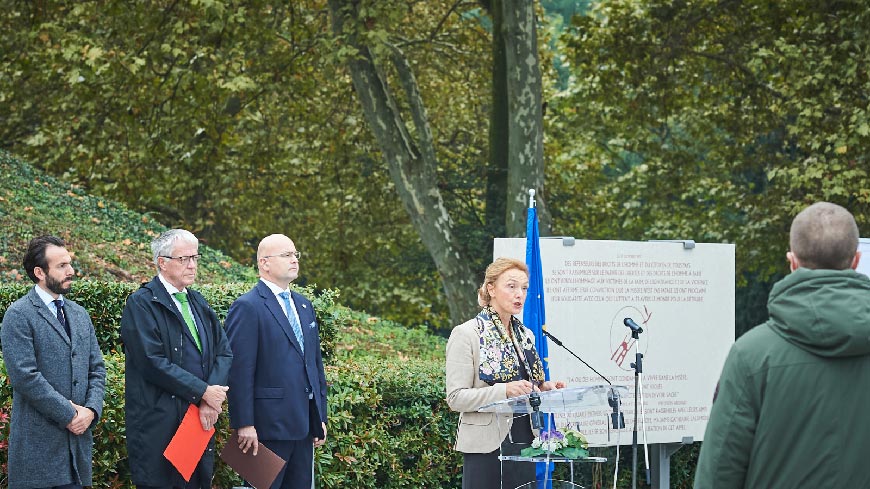How many more people will be cast into poverty? How many more people will find themselves trafficked as a result?
Speaking at a ceremony to mark the International Day for the Eradication of Poverty and European Anti-Trafficking Day 2021, Marija Pejčinović Burić called for essential coordination between the state, civil society and trade unions and the private sector.
Effective action is needed to tackle the terrible and growing problem of trafficking of human beings for the purposes of labour exploitation - the main form of the crime of human trafficking in many European countries.
The Secretary General pointed to her roadmap to strengthen the Council of Europe’s action in this area, as well as a compendium of good practices and guidance issued by the Council of Europe’s Group of Experts on Action against Trafficking in Human Beings as tools to help national authorities tackle this abuse.
The Committee of Ministers has set up a drafting committee that will prepare a comprehensive, practical and ground-breaking recommendation to governments on preventing and combating trafficking in human beings for the purpose of labour exploitation. It will be based on the Council of Europe’s work and the experience of other international organisations including the ILO, the UNODC and the OSCE.
As Pejčinović Burić underlined, ending poverty and preventing human trafficking requires determination, grit and commitment and needs all of us to work together – at the national level, the international level, and on the ground too.
The event to mark the International Day for the Eradication of Poverty and European Anti-trafficking Day was an initiative of the Conference of INGOs.




